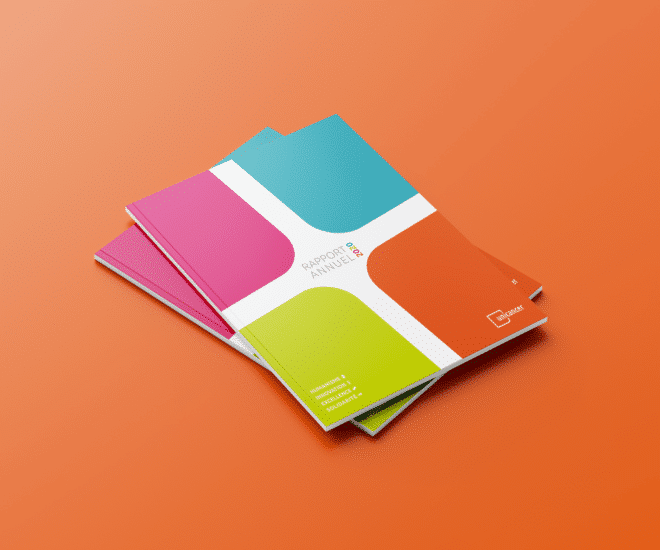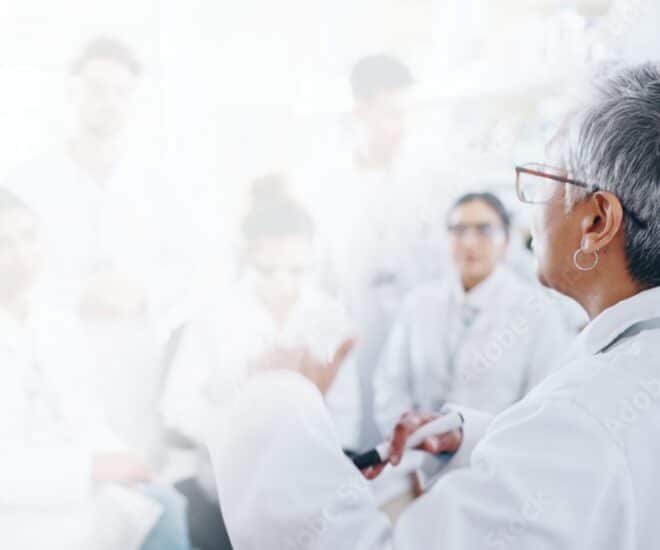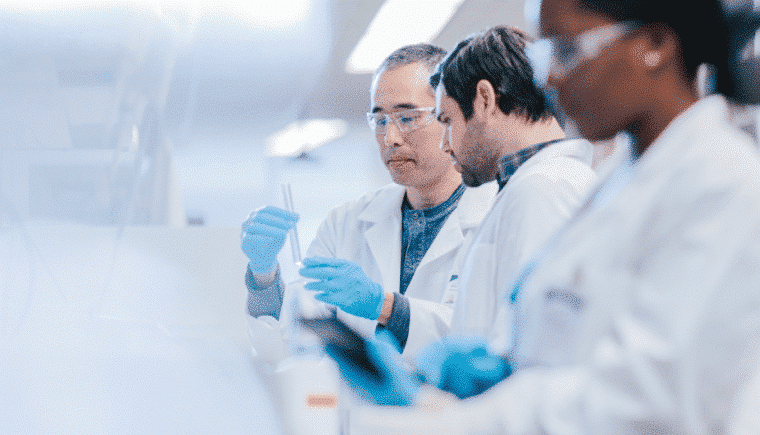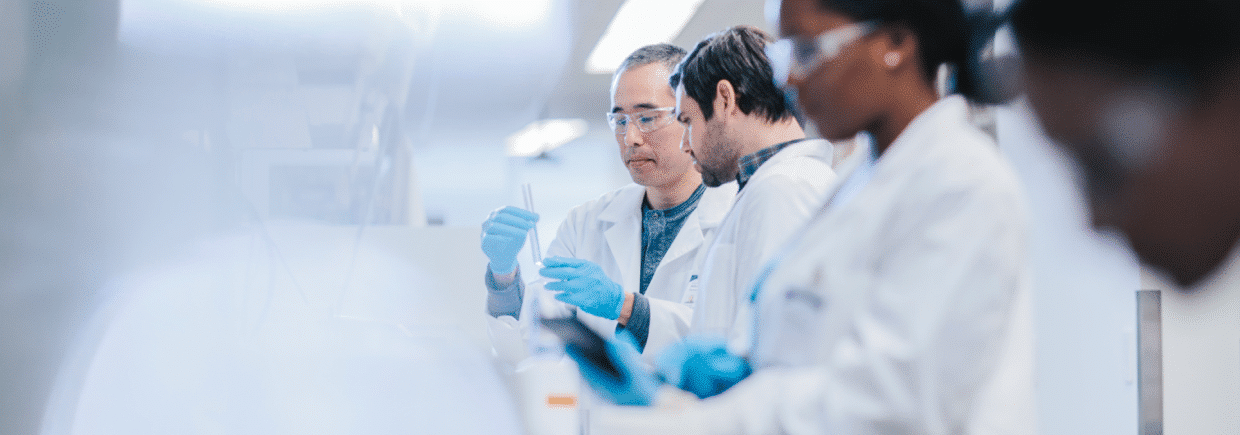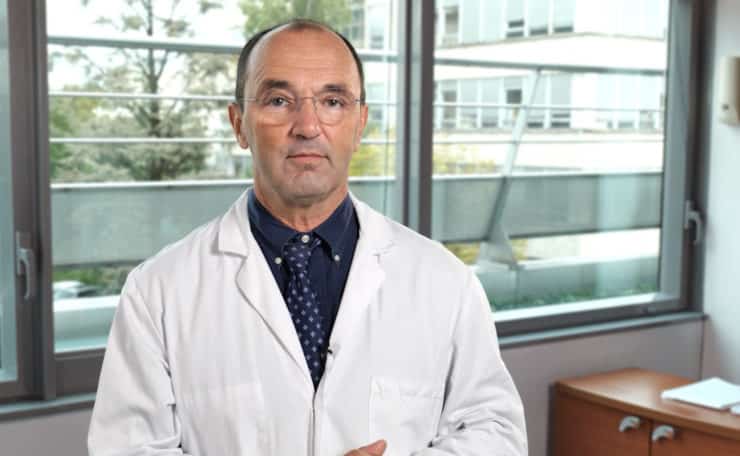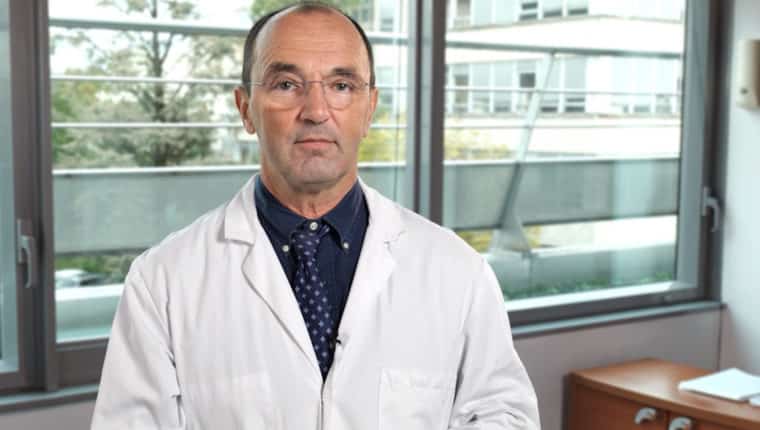Unicancer is the only French hospital federation 100% dedicated to the fight against cancer. Through its health cooperation group, Unicancer is also the only national hospital network exclusively specialised in oncology. It brings together 18 French Comprehensive Cancer Centres and an affiliated member, all offering a public service and playing a major role in healthcare and research in France.
A strong network
We are a hospital network composed of 18 French comprehensive cancer centres (Fccs) and 2 affiliated member, spread out over 22 sites in France.
Unicancer also means 25,500 dedicated employees (1, 2) , on a permanent quest towards excellence in healthcare, research and continuous professional education on a daily basis.
We offer a flexible model that combines excellence, humanism, solidarity and innovation. Every day, our centres put these values into practice through their care, research and higher education missions. Through its commitment, Unicancer also contributes to the definition of public health policies, by making numerous proposals to improve care pathways and build the cancer care of tomorrow.
The strength of our network can be explained with the unique characteristics shared by our centres, which:
- Are exclusively dedicated to oncology
- Carry out public service missions (non-profit, private healthcare centres)
- Ensure treatment without additional fees
- Cover the entire France
- Aim for excellence and are at the cutting edge of research and innovation
cancer centres (Fcccs)
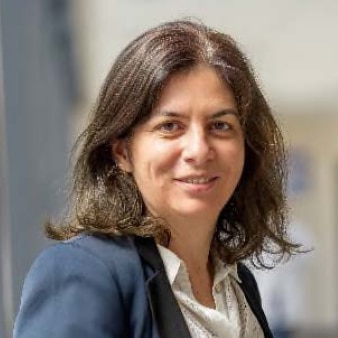
“The French Comprehensive Cancer Centres’ network offers a public service, provides added value to the health care system and contributes to its organisation across the country”
Sophie Beaupère, CEO
A unique model
Our unique model of comprehensive and coordinated care ensures a high quality and accessible healthcare pathway to more than 600,000 patients each year. In 2019, Unicancer and the Centres signed a Charter of commitments towards patients which guides our action on a daily basis.
Our centres operate on a fully public basis and play a major role in cancer care and research. Exclusively dedicated to the fight against cancer, all the centres in the Unicancer network have a triple vocation: patient care, research and higher education. Non-profit and private, since their creation (order of 1st October 1945) they participate in the hospital public service, through which they permanently strive to increase the standard of care and accessibility to care. To this effect, they are funded by the health insurance fund according to the T2A method(3) and are controlled by the French Ministry of Health according to the same terms and conditions as public hospitals.
In May 2021, the network welcomed a new member, l’Institut du Cancer Avignon-Provence (ICAP) as an affiliated member. It joined the GCS(4) after several years working together with the Unicancer network, as part of the 2020-2024 strategic plan of the new Unicancer governance.
Unicancer presented by Sophie Beaupère, CEO
State-of-the-art research and innovation
French comprehensive cancer centres (FCCCs) within our network are at the forefront of therapeutic, scientific and organisational innovation. Unicancer is a recognised leader in the field of research, one of our core missions. Our network occupies a unique, leadership position in the French medical research context, both in terms of Unicancer’s R&D department or the ones of each individual centre. Thanks to these synergies, our expertise is internationally recognised.
We are the first academic sponsor of clinical trials in oncology in Europe – with 12,248 patients included (9,642 in MyPeBS), more than 787 active clinical trials promoted in the network by CLCCs and Unicancer R&D, and 96,996 patients recorded in the ESMÉ(1) database.
The Unicancer network is world-renowned and more than 15% of patients in French comprehensive cancer centres are included in clinical trials, compared to 8.5% on average in health care facilities in France.
Our Purchasing and innovation access department aims to optimise ordering of goods and services from member Centres, according to a responsible and innovative purchasing policy. This purchasing policy shared by all French Comprehensive Cancer Centres aims to improve the performance of facilities, optimise their expenditure and ensure access to innovation as early as possible.
Unicancer presented
Our history
- 1945 : healthcare centres exclusively dedicated to oncology, French comprehensive cancer centres (Fccc) adopted this status on the order of Général de Gaulle. Since then, they have participated in the hospital public service, and to this effect, are controlled by the French Ministry of Health, according to the same terms and conditions as public hospitals.
- 1964: creation of the national federation of French comprehensive cancer centres (Fédération Nationale des Centres de lutte contre le cancer – FNCLCC), the umbrella organisation for all Fcccs. Several entities (BECT, GIE CAC, EFEC) were then created to provide a framework for their activities.
- 2011: creation of the name “Unicancer”, which describes both the national federation and the health cooperation group (Groupement de coopération sanitaire – GCS).
- 2018: creation of the joint brand “Unicancer”: symbolising a network sharing values and a common identity.
Fcccs: excellence and innovation at the service of patients
Activity reports
Our values and missions
Our strategy & commitment
Charter of commitments towards patients
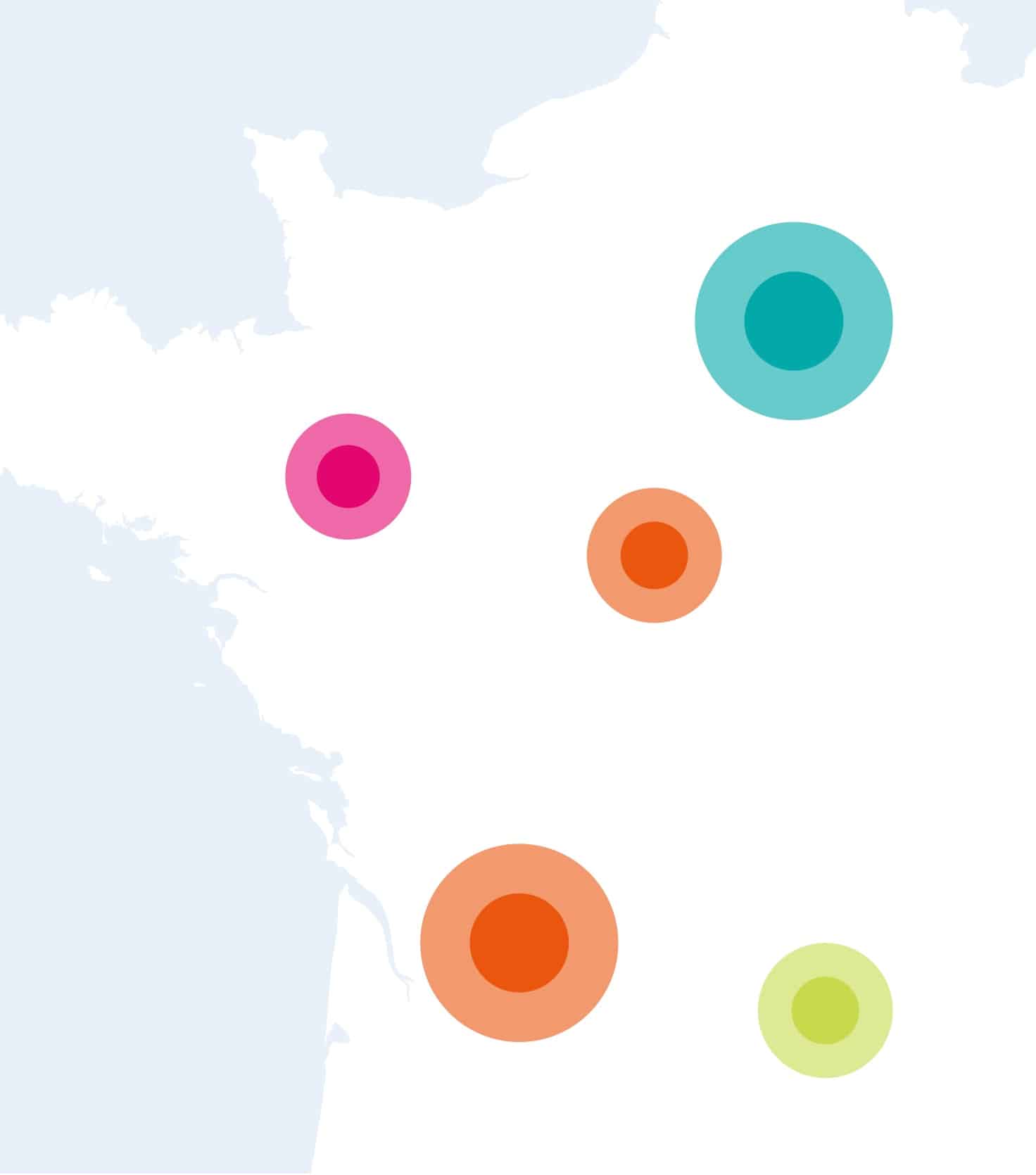
Access the interactive map and find the contact details of your nearest Centre
(1) 2024 data, unless otherwise stipulated.
(2) Gender equality index: Within the framework of the due care required in terms of equal employment opportunities, French law has enforced the implementation of a gender equality index between women and men. Like last year, Unicancer is fulfilling its legal obligation with a score of 79 points, exceeding the minimum score of 75 points. For more information (in French).
(3) Pricing per activity
(4) Groupement de coopération sanitaire
(5) 2023 data, unless otherwise stipulated.
(6) Source: bibliometric study/ Thomson Reuters

